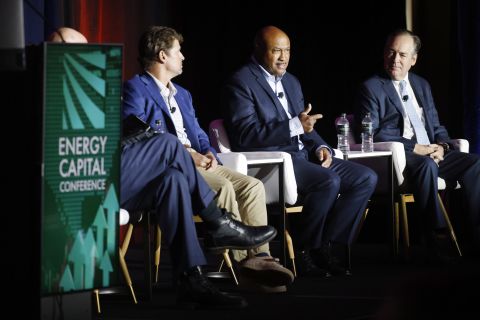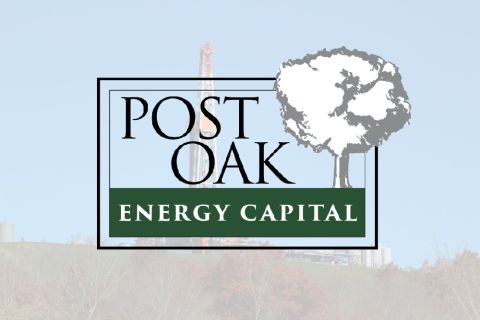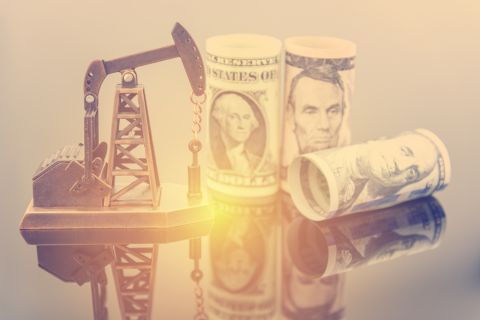Chevron Corp. aims to start receiving cargoes of Venezuelan oil as early as December after the oil company last week received a U.S. license to do so, but Caracas may not be as eager because U.S. sanctions restrict payments, people familiar with the matter said.
The U.S. on Nov. 26 granted Chevron a six-month license to operate in Venezuela, reinstating oil trading privileges it had, while preventing exchanges of cash and requiring the crude cargoes go to U.S. refiners.
Executives at Venezuelan state firm PDVSA initially welcomed the authorization for a partial return to the U.S., once the country’s most important market. They are less enthusiastic after learning of license terms that will not allow Chevron to reimburse operational costs or pay taxes and royalties in Venezuela, according to the people.
PDVSA and Venezuela’s oil ministry did not immediately reply to requests for comment.
As of Nov. 23, Chevron’s largest joint oil venture in Venezuela had 1.79 million barrels of exportable crude in stock, a document seen by Reuters showed. Another oil processing project where it is a minority partner halted operations earlier this year due to accumulated inventories that could not be exported.
The hurdles could soon multiply: Another company with an about $1 billion outstanding claim against Venezuela said on Nov. 28 that it expects similar consideration.
“If unsecured creditors can be repaid, then the U.S. government should allow Crystallex, which is a secured creditor, to be repaid,” said Rahim Moloo, a partner at law firm Gibson Dunn that represents mining firm Crystallex.
Any relaxation of Chevron's license terms depends on progress in political talks between negotiators for President Nicolas Maduro and the opposition that began in Mexico last week, a National Security Council spokesperson said.
The White House is “open to further calibrating” sanctions, the person added, but any relaxation depends on progress in the acceptance of a Venezuelan electoral calendar, reinstatement of excluded candidates, a return of political parties to rightful leaders, and access for international electoral observers.
Limited Benefits
Chevron had negotiated an agreement with PDVSA this year establishing that proceeds from oil exports would be distributed similar to past terms: About a third each for debt repayment, reimbursement of operational expenses to partner PDVSA, and the final third for capital expenses.
But Washington seemed to have only approved debt reduction and capital expenses made directly by Chevron, leaving out taxes and royalty payments.
Washington also issued a separate six-month renewal for oil service companies to maintain operations without authorizing them to drill, repair wells, or to contract for additional personnel or services.
Chevron and U.S. Treasury Department spokespeople declined immediate comment.
The restrictions ultimately could limit any benefit to the South American nation’s oil production and exports, analysts have said, barring further Washington authorizations from political talks that got underway in Mexico.
Earlier this year, U.S. officials doubled down on their efforts to encourage the political dialogue and return some of the OPEC producer's crude to markets affected by cuts to Russian supplies over its invasion of Ukraine.
Those efforts led to the release of Venezuelans convicted of U.S. drug charges and a return of Americans jailed in Venezuela. In addition, European oil companies Eni SpA and Repsol SA won U.S. approvals to take Venezuelan crude for debt repayment.
Brokerage house Credit Suisse in a note on Nov. 28 said the initial easing of sanctions will have “little effect” on Europe's supply risks from sanctions on Russia.
Are Cargoes at Risk?
Chevron’s Venezuelan oil cargoes face potential seizures by creditors that have arbitration claims and court judgments, said trading experts and lawyers.
In additional to Crystallex, ConocoPhillips Co. has a $1.2 billion ruling against Venezuela and previously sought to seize PDVSA’s Caribbean assets. A spokesperson declined comment, but the company has said it would pursue its claims anywhere in the world.
PDVSA’s oil exports to the U.S. were halted in early 2019, in the aftermath of U.S. sanctions designed to oust Maduro, whose 2018 re-election was called a sham by most Western counties.
Washington recognizes opposition leader Juan Guaido as rightful leader. PDVSA’s most important foreign asset, Houston-based oil refiner Citgo Petroleum, is controlled by boards appointed by Guaido and ratified by a U.S. court.
But Maduro has retained his grip on power supported by the country’s military and allies including Russia and Iran. He also controls PDVSA.
Washington placed tight reins on the oil imports to win support from a Congress skeptical of deals with Maduro. U.S. Senator Bob Menendez, chairman of the Senate Foreign Relations Committee, on Nov. 26 said he supported “a negotiated solution to Venezuela’s protracted crisis,” but added that if Maduro again tries to use negotiations to buy time, the U.S. and its partners “must snap back the full force of sanctions.”
Recommended Reading
Post Oak Backs New Permian Team, But PE Faces Uphill Fundraising Battle
2024-10-11 - As private equity begins the process of recycling inventory, likely to be divested from large-scale mergers, executives acknowledged that raising funds has become increasingly difficult.
Post Oak Backs Third E&P: Tiburon Captures Liquids-rich Utica Deal
2024-10-15 - Since September, Post Oak Energy Capital has backed new portfolio companies in the Permian Basin and Haynesville Shale and made an equity commitment to Utica Shale E&P Tiburon Oil & Gas Partners.
After BKV’s IPO, Is Market Open to More Public SMID Caps?
2024-10-03 - The market for new E&P and energy IPOs has been tepid since the COVID-19 pandemic. But investor appetite is growing for new small- and mid-sized energy IPOs, says Citigroup Managing Director Dylan Tornay.
Sheffield: E&Ps’ Capital Starvation Not All Bad, But M&A Needs Work
2024-10-04 - Bryan Sheffield, managing partner of Formentera Partners and founder of Parsley Energy, discussed E&P capital, M&A barriers and how longer laterals could spur a “growth mode” at Hart Energy’s Energy Capital Conference.
Investor Returns Keep Aethon IPO-ready
2024-10-08 - Haynesville producer Aethon Energy is focused on investor returns, additional bolt-on acquisitions and mainly staying “IPO ready,” the company’s Senior Vice President of Finance said Oct. 3 at Hart Energy’s Energy Capital Conference (ECC) in Dallas.
Comments
Add new comment
This conversation is moderated according to Hart Energy community rules. Please read the rules before joining the discussion. If you’re experiencing any technical problems, please contact our customer care team.





